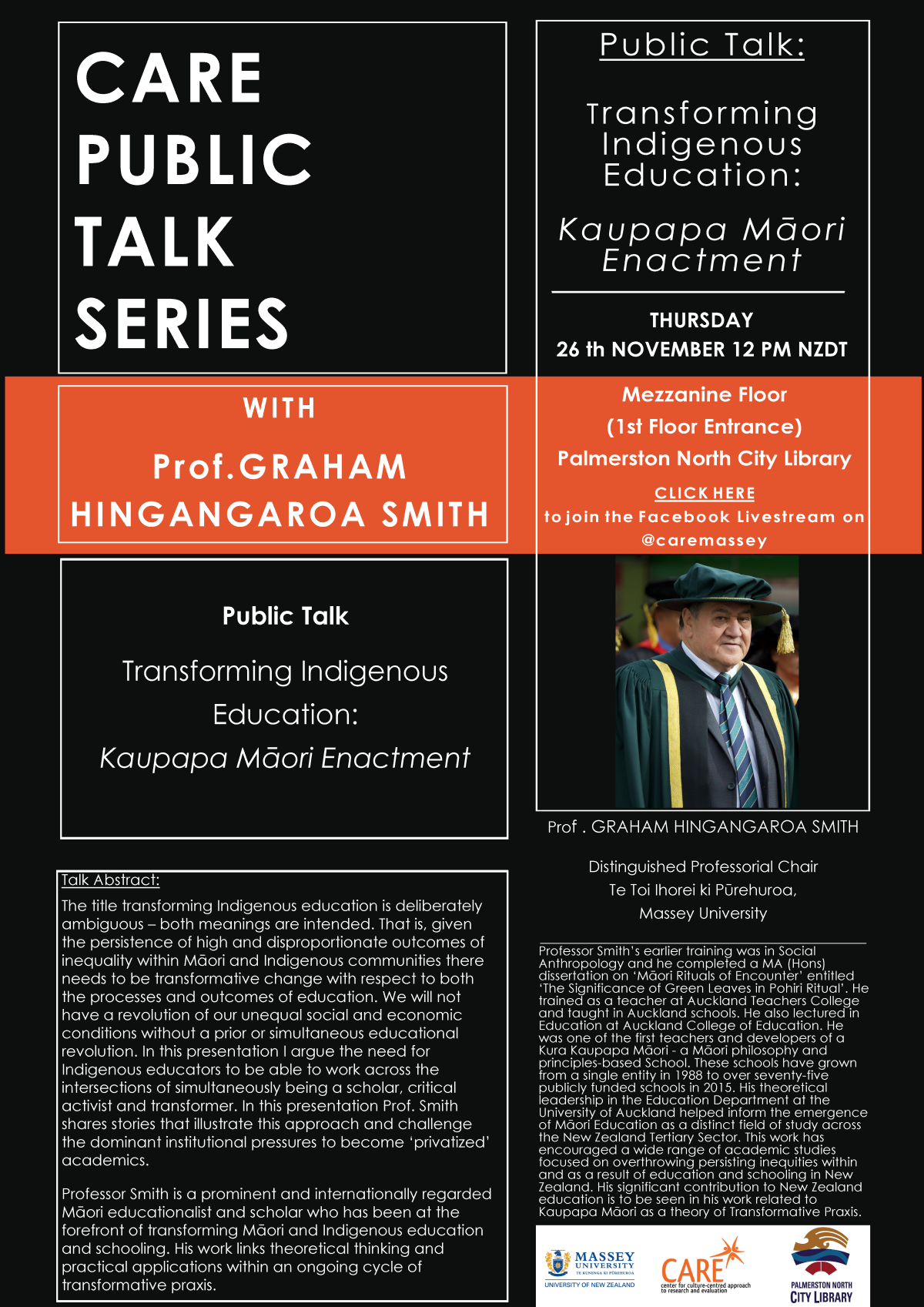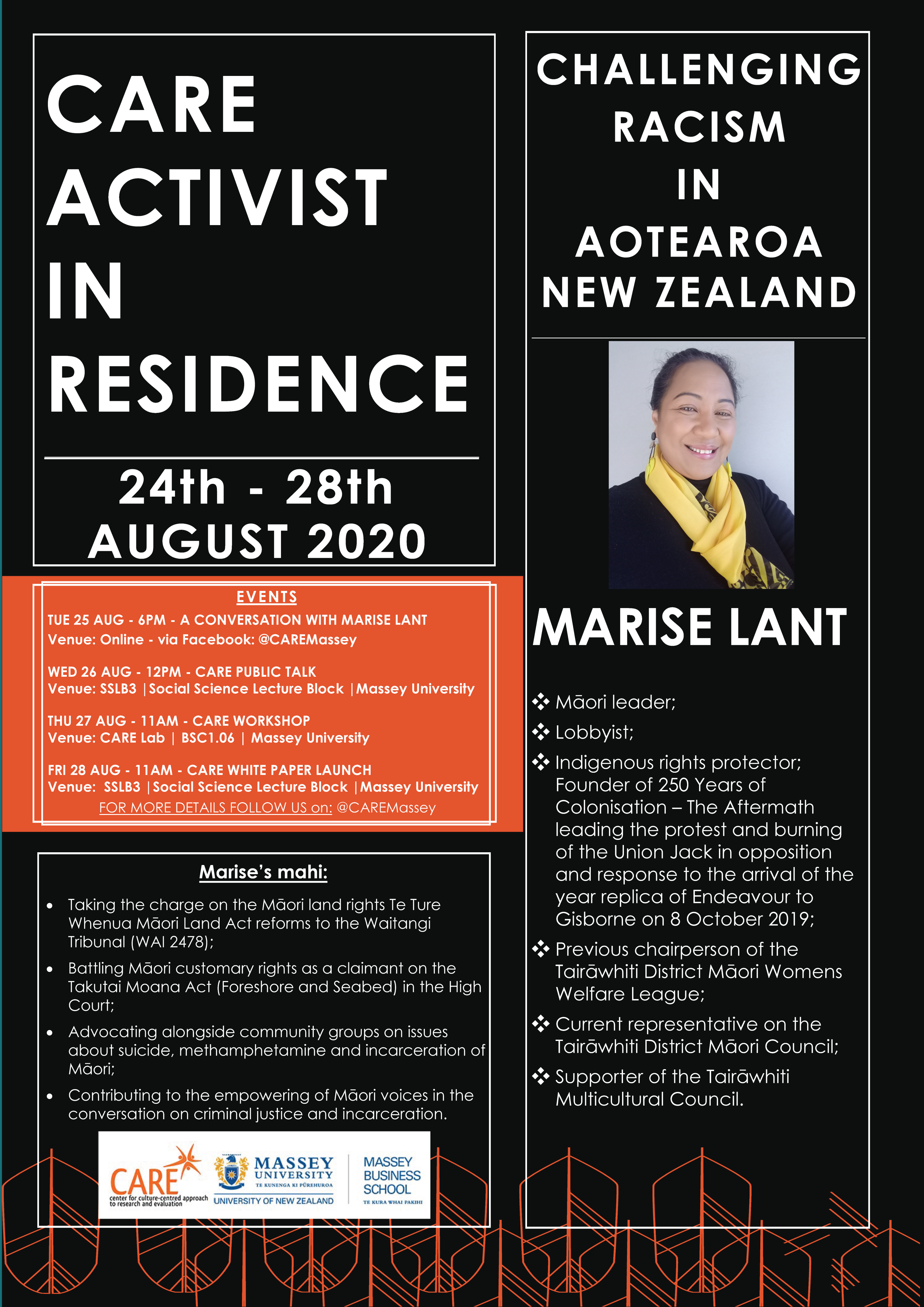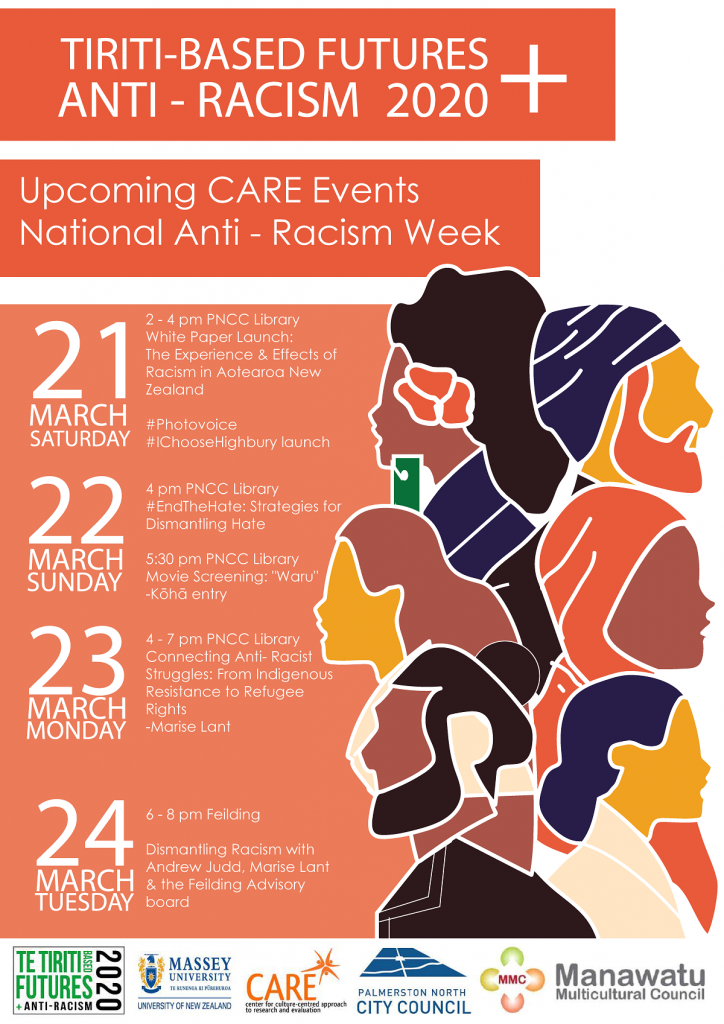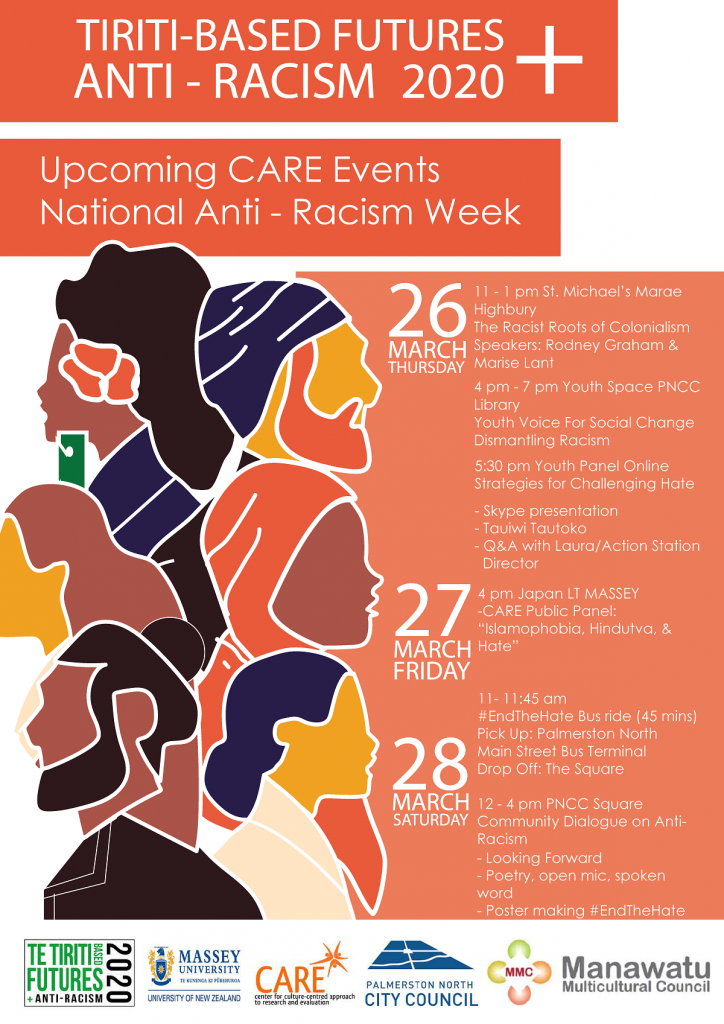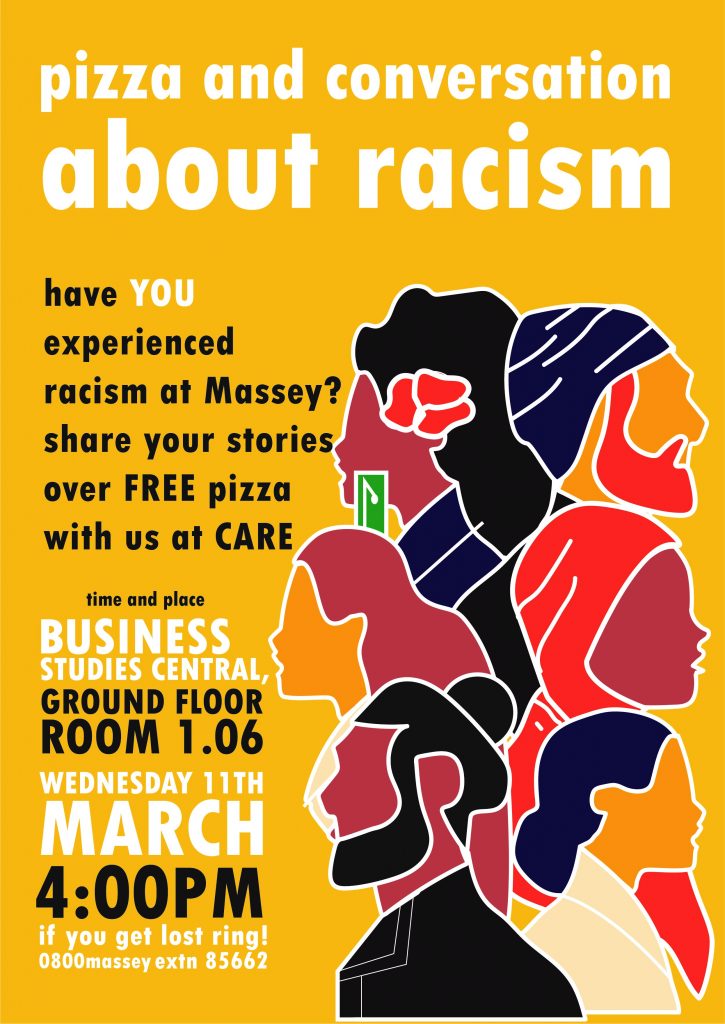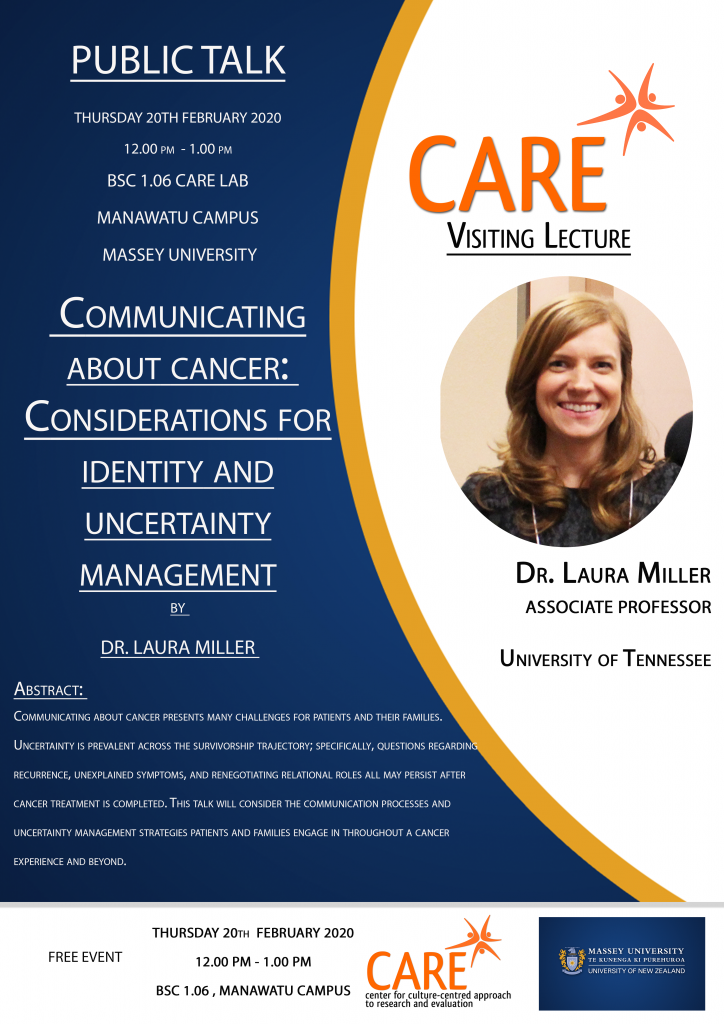CARE PUBLIC TALK SERIES : Transforming Indigenous Education: Kaupapa Māori Enactment with Distinguished Prof. Graham Hingangaroa Smith,Distinguished Professorial Chair, Te Toi Ihorei ki Pūrehuroa, Massey University
Date: THURSDAY 26th NOVEMBER 12 PM NZDT
Venue: Mezzanine Floor (1 Floor Entrance), Palmerston North City LibraryJoin the Facebook
Livestream on @caremassey
Link: https://www.facebook.com/CAREMassey/posts/4290919210924451
Talk Abstract:The title transforming Indigenous education is deliberately ambiguous – both meanings are intended. That is, given the persistence of high and disproportionate outcomes of inequality within Māori and Indigenous communities there needs to be transformative change with respect to both the processes and outcomes of education. We will not have a revolution of our unequal social and economic conditions without a prior or simultaneous educational revolution. In this presentation I argue the need for Indigenous educators to be able to work across the intersections of simultaneously being a scholar, critical activist and transformer.In this presentation Prof. Smith shares stories that illustrate this approach and challenge the dominant institutional pressures to become ‘privatized’ academics.About the Speaker:Professor Smith is a prominent and internationally regarded Māori educationalist and scholar who has been at the forefront of transforming Māori and Indigenous education and schooling. His work links theoretical thinking and practical applications within an ongoing cycle of transformative praxis.Professor Smith’s earlier training was in Social Anthropology and he completed a MA (Hons) dissertation on ‘Māori Rituals of Encounter’ entitled ‘The Significance of Green Leaves in Pohiri Ritual’. He trained as a teacher at Auckland Teachers College and taught in Auckland schools. He also lectured in Education at Auckland College of Education. He was one of the first teachers and developers of a Kura Kaupapa Māori – a Māori philosophy and principles-based School. These schools have grown from a single entity in 1988 to over seventy-five publicly funded schools in 2015. His theoretical leadership in the Education Department at the University of Auckland helped inform the emergence of Māori Education as a distinct field of study across the New Zealand Tertiary Sector. This work has encouraged a wide range of academic studies focused on overthrowing persisting inequities within and as a result of education and schooling in New Zealand. His significant contribution to New Zealand education is to be seen in his work related to Kaupapa Māori as a theory of Transformative Praxis.#CAREPublicTalkSeries#Transforming#IndigenousEducation: #Kaupapa#Māori#Enactment#Aotearoa#NewZealand
#CARECCA#CAREMassey#MasseyCJM#MasseyUni#PNCC#PalmerstonNorthCityLibrary See Less

